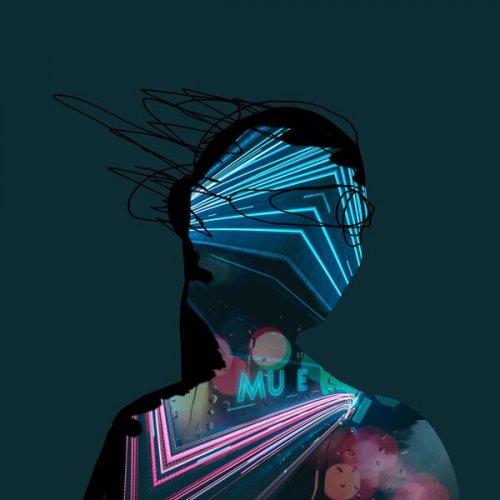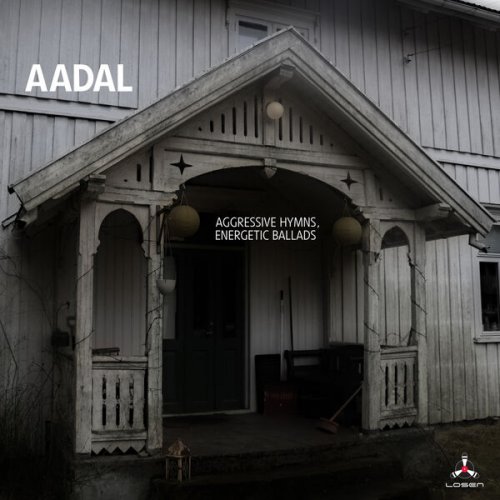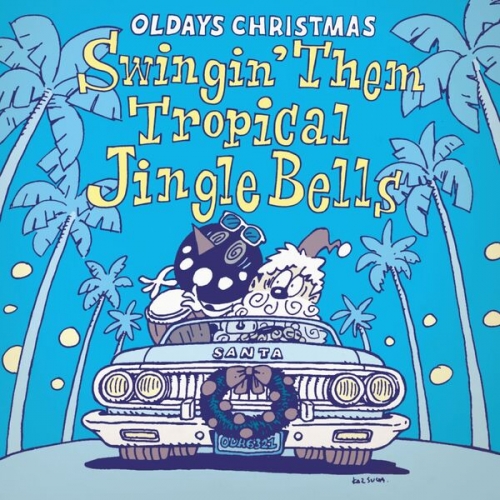Dan Beaver & His Dam Blues Band - Last Call (2005)
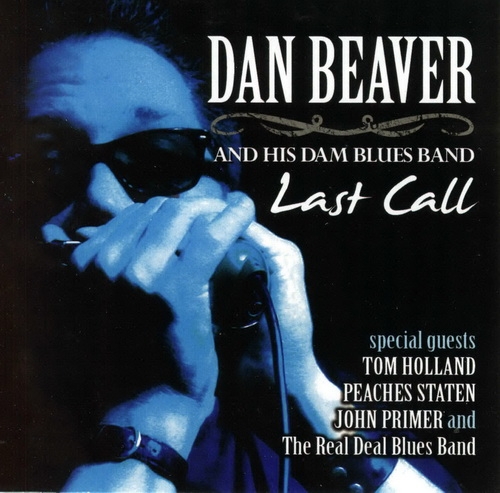
Artist: Dan Beaver & His Dam Blues Band
Title: Last Call
Year Of Release: 2005
Label: Dan Beaver
Genre: Blues, Blues Rock, Harmonica Blues
Quality: Mp3 320 / Flac (tracks, .cue, log)
Total Time: 55:39
Total Size: 136/368 Mb (covers)
WebSite: Album Preview
Title: Last Call
Year Of Release: 2005
Label: Dan Beaver
Genre: Blues, Blues Rock, Harmonica Blues
Quality: Mp3 320 / Flac (tracks, .cue, log)
Total Time: 55:39
Total Size: 136/368 Mb (covers)
WebSite: Album Preview
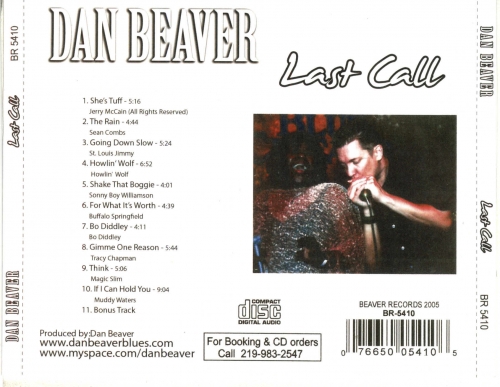
Tracklist:
1. Shes Tuff
2. The Rain (Feat. Sean Qualls)
3. Going Down Slow
4. Howlin Wolf (Feat. Tom Holland)
5. Shake That Boogie
6. For What Its Worth (Feat. Josh Horner)
7. Bo Diddley (Feat. Tom Crivellone)
8. Gimmie One Reason (Feat. Peaches Staten)
9. Think (Feat. Tom Holland)
10. If I Can Hold You (Feat. John Primer)
11. Bonus Track
Dan Beaver was born in Michigan City Indiana. At a young age curious Beaver dug through his father’s drawer to find his first harp. This landed him in a lot of trouble but allowed him to experiment with it. He then became interested in Blues music, the music of The Doors, the band Treat Her Right, and basically any band with harmonica in it. He put the harmonica on hold for awhile until Actor Bruce Willis played the harmonica in commercials and inspired him. So right after high school Beaver then decided to brush up on the harmonica, thinking it would be a fun hobby and a way to attract girls. In 1990 on a trip to the Asthma doctor in Chicago, Beaver bought his own first harmonica.
Dan's first professional gig was at an African-American church along with his friend, Neil Singleton who played the guitar. After a few years of practicing and “messing around” with the harp, Beaver decided to get serious and visit blues clubs in Chicago. He participated in his first jam sessions at Rosa’s Lounge and Buddy Guy’s Legends. Dan played with guitarist Sam Good and many other musicians. He again took a short break from the harmonica and pursued acting, finding roles in a few movies, a commercial, and a television show. During this time he also worked as a bartender at a casino, before getting fired for playing his harmonica on the job.
In 1999, Beaver went to a Blues Jam at Jim Shooze in Chicago Heights, Illinois. There he met bass player Biscuit Miller of the Lonnie Brook’s Band and musician Fernando Jones. Jones gave Beaver an opportunity to be in a play called Blue Eyed Blues. The play depicted young Caucasian blues musicians’ struggle for acceptance in the Chicago blues scene. At this time Beaver also played at the Gin Mill in Chicago with a group of musicians that later became known as Jesse and the Beaver Show. He also was a DJ there and at Hi Tops in Chicago.
In 2001 a friend introduced Beaver to guitarist John Primer. Primer hired Beaver to replace harp player Steve Bell son of blues great Carey Bell. Beaver has produced five of his own CDs titled, Good Days Bad Days, Blue Eyed Blues. Last Call, The Goods and Ain't No Shame. On these CDs he had the opportunity to play with outstanding musicians such as Sammy Fender, harmonica player Little Mac Simmons, the rhythm section of the Lonnie Brooks Band, and many Indiana musicians whom he started off his career with.
Dan's first professional gig was at an African-American church along with his friend, Neil Singleton who played the guitar. After a few years of practicing and “messing around” with the harp, Beaver decided to get serious and visit blues clubs in Chicago. He participated in his first jam sessions at Rosa’s Lounge and Buddy Guy’s Legends. Dan played with guitarist Sam Good and many other musicians. He again took a short break from the harmonica and pursued acting, finding roles in a few movies, a commercial, and a television show. During this time he also worked as a bartender at a casino, before getting fired for playing his harmonica on the job.
In 1999, Beaver went to a Blues Jam at Jim Shooze in Chicago Heights, Illinois. There he met bass player Biscuit Miller of the Lonnie Brook’s Band and musician Fernando Jones. Jones gave Beaver an opportunity to be in a play called Blue Eyed Blues. The play depicted young Caucasian blues musicians’ struggle for acceptance in the Chicago blues scene. At this time Beaver also played at the Gin Mill in Chicago with a group of musicians that later became known as Jesse and the Beaver Show. He also was a DJ there and at Hi Tops in Chicago.
In 2001 a friend introduced Beaver to guitarist John Primer. Primer hired Beaver to replace harp player Steve Bell son of blues great Carey Bell. Beaver has produced five of his own CDs titled, Good Days Bad Days, Blue Eyed Blues. Last Call, The Goods and Ain't No Shame. On these CDs he had the opportunity to play with outstanding musicians such as Sammy Fender, harmonica player Little Mac Simmons, the rhythm section of the Lonnie Brooks Band, and many Indiana musicians whom he started off his career with.
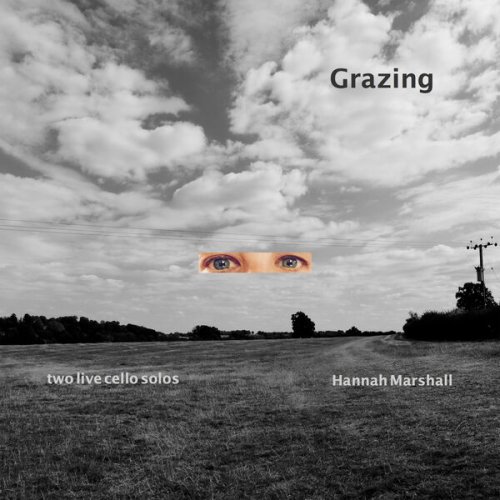
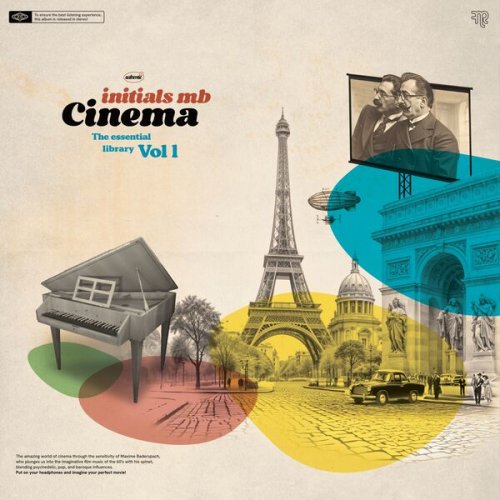
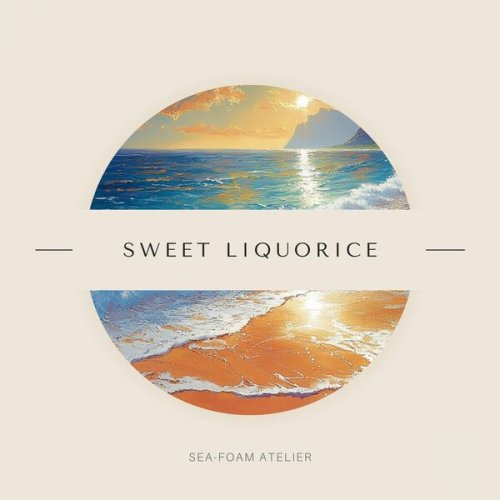
![L'Oiseau Ravage - Vertiges de la mue (2026) [Hi-Res] L'Oiseau Ravage - Vertiges de la mue (2026) [Hi-Res]](https://img.israbox.com/img/2026-02/20/nx23lj9uf6shoeud9r81rkfqi.jpg)
![Bei Bei - Two Moons (2025) [Hi-Res] Bei Bei - Two Moons (2025) [Hi-Res]](https://img.israbox.com/img/2026-02/19/j5lae93g4obtper3un20ilcnv.jpg)
![The Messthetics & James Brandon Lewis - Deface The Currency (2026) [Hi-Res] The Messthetics & James Brandon Lewis - Deface The Currency (2026) [Hi-Res]](https://www.dibpic.com/uploads/posts/2026-02/1771424652_1.jpg)
